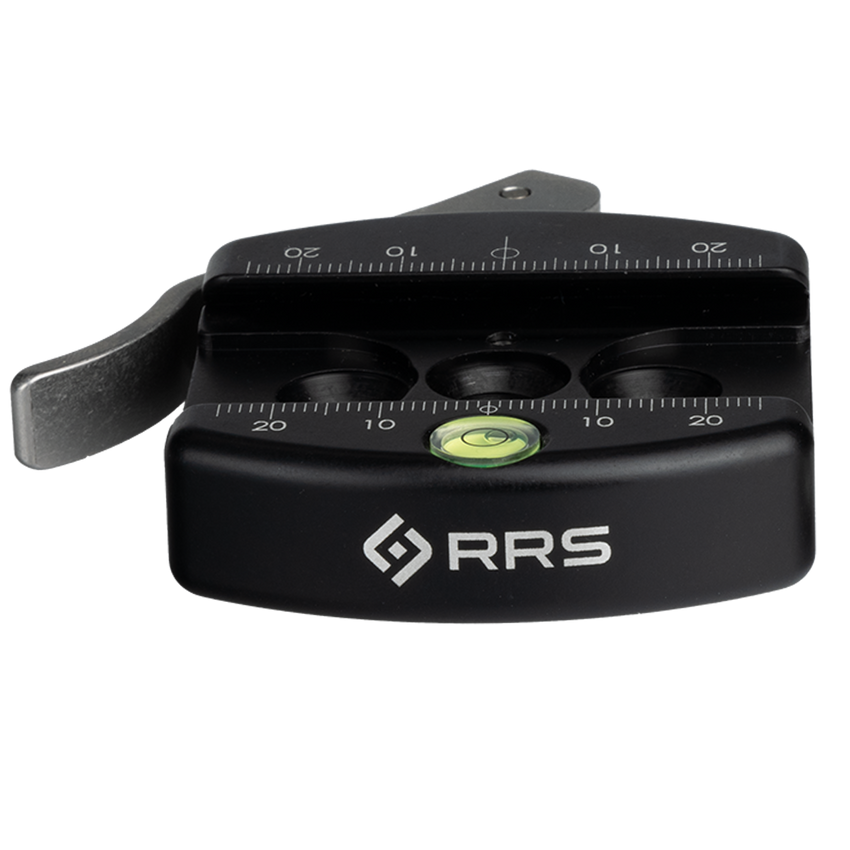
ARC-LR: Lever Release Clamp w/ RRS-Lock
$170.00
- SKU:
- RRS-9000049
- UPC:
- 818413023536
Downloads
find your perfect setup

Colors Available
$145.00
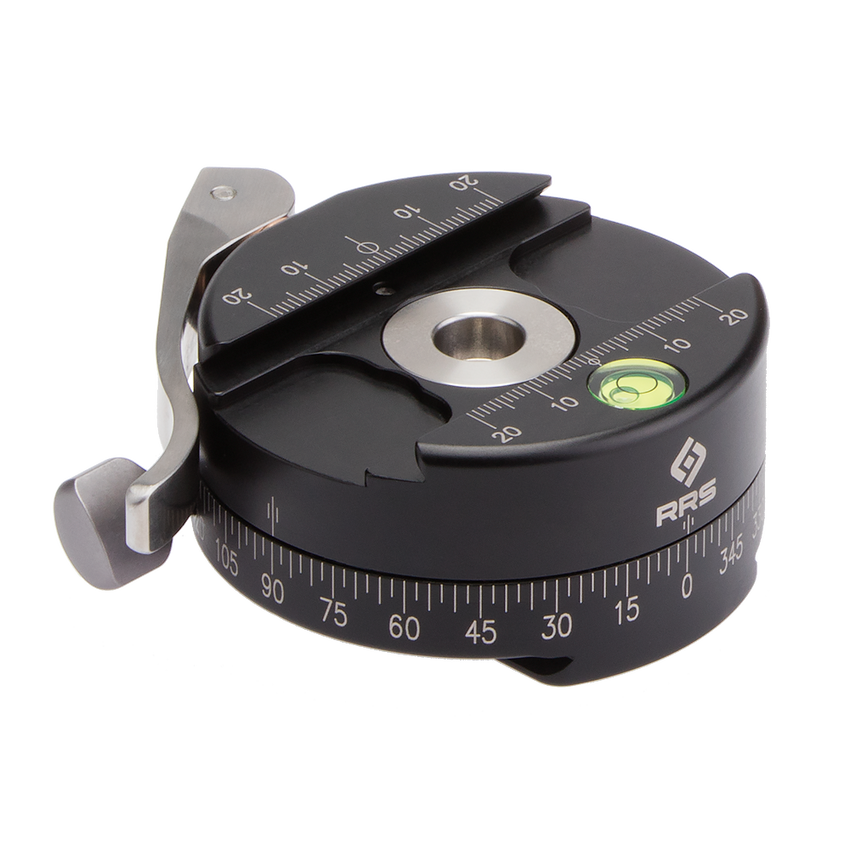
PC-LR: Lever Release Panning Clamp
Colors Available
$300.00
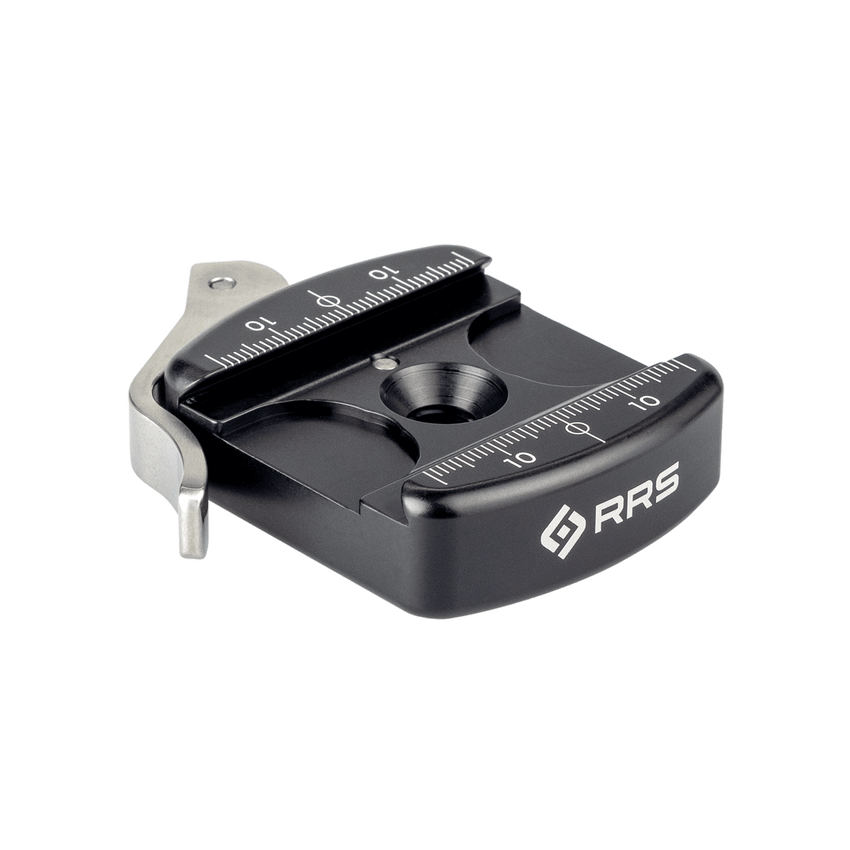
B2-40-LR: 50MM Lever Release Clamp
Colors Available
$125.00
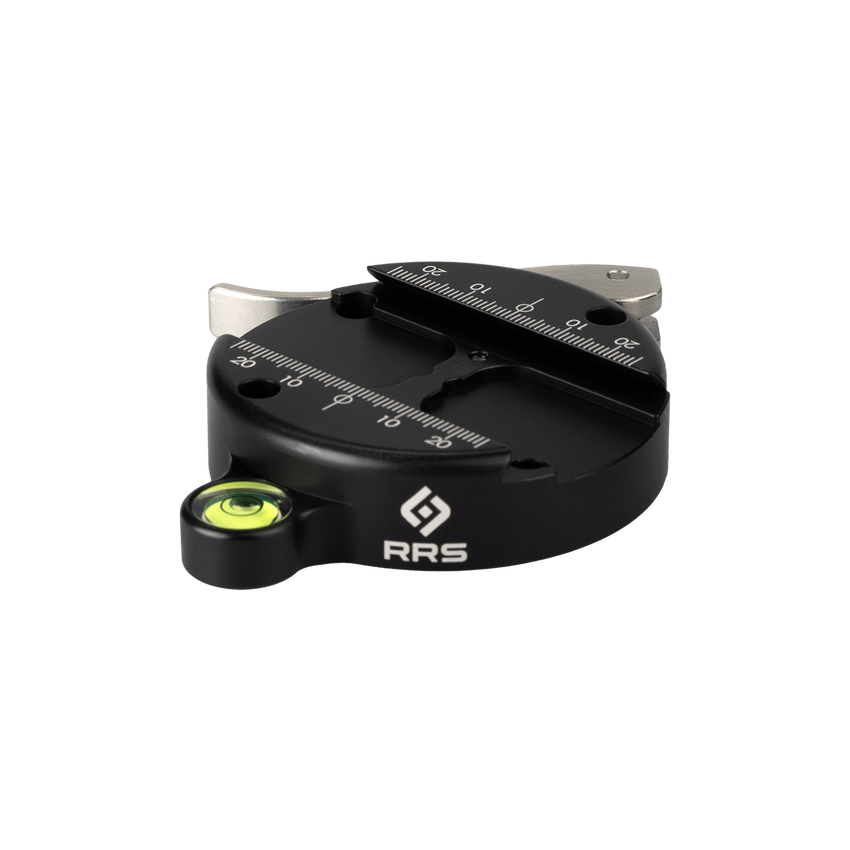
TA-LBC: Round Lever Release Clamp
Colors Available
$155.00
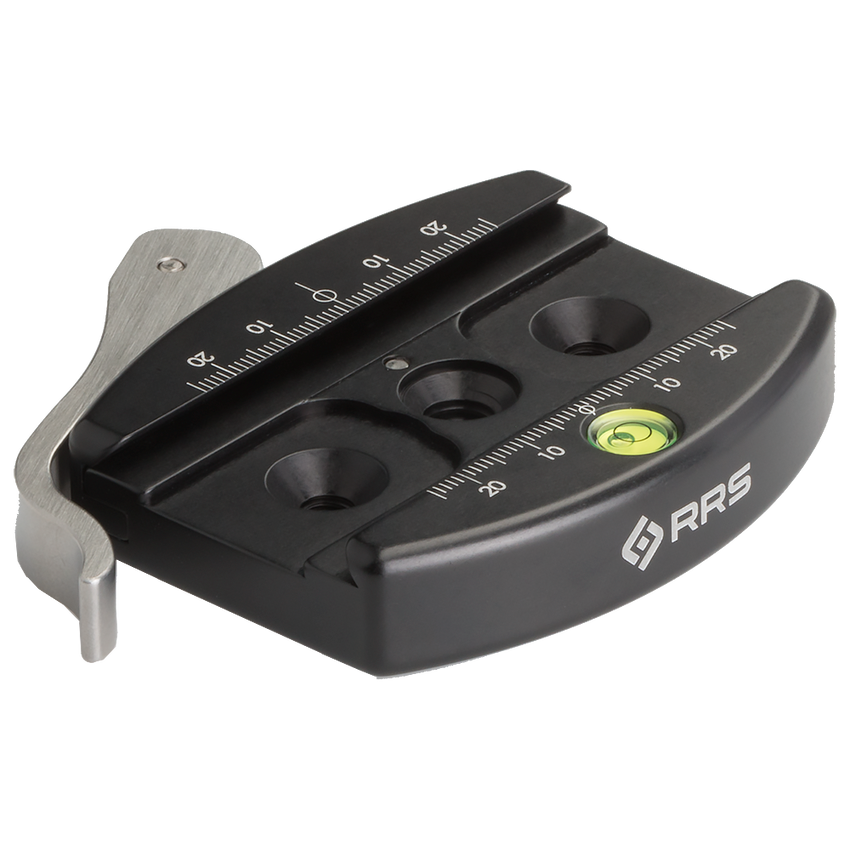
B2-LLR II: Long Lever-Release Clamp
Colors Available
$160.00
2 Reviews Write a Review
-
ARC-LR
Come devo fare per acquistare il Morsetto di rilascio e quando potete consegnarlo?
-
Excellent
Excellent quality. Easy to adjust. I like how the lock works perfectly with my RRS Sony A7RV L bracket.


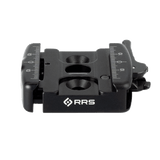


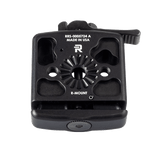
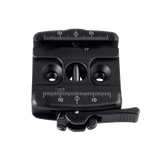
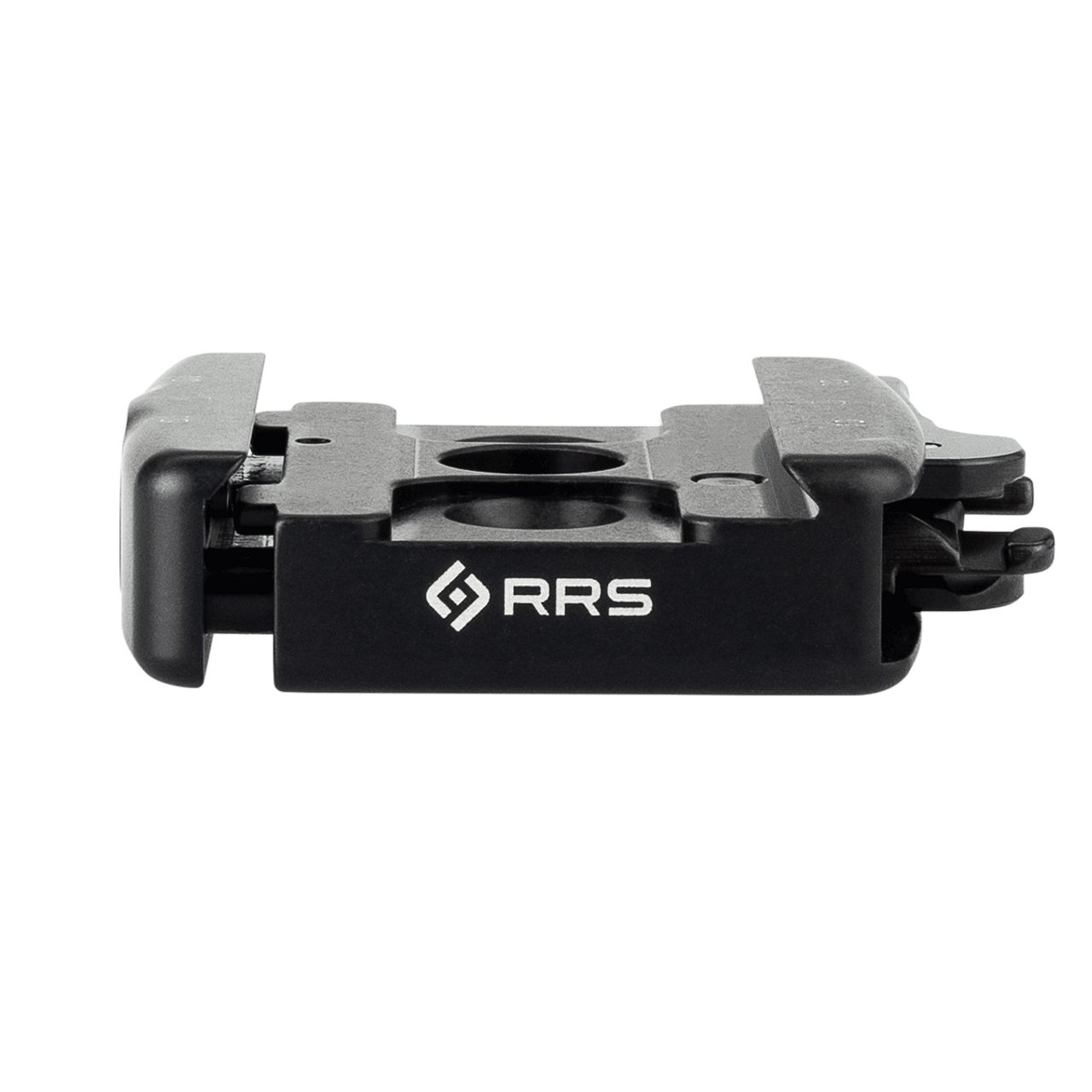
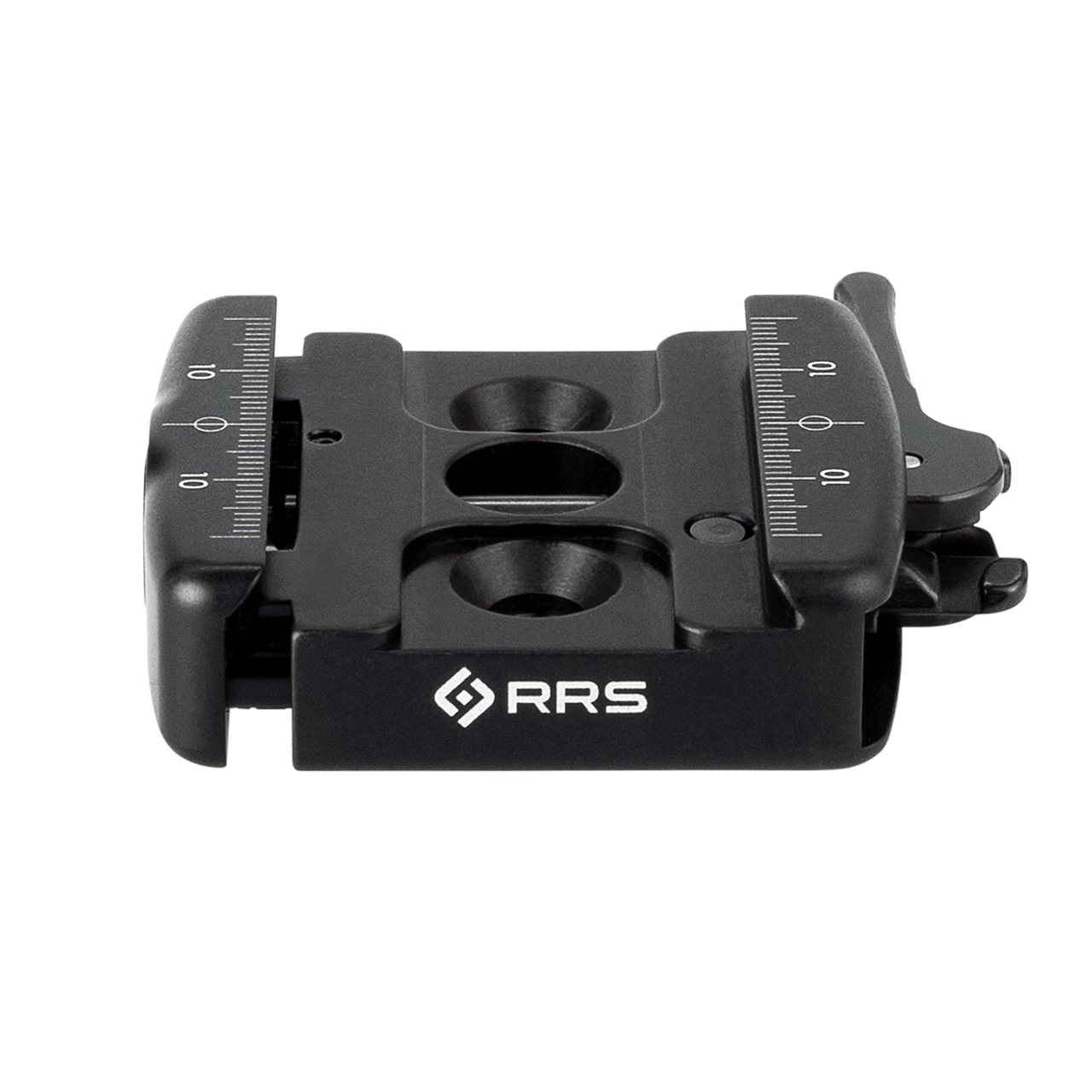

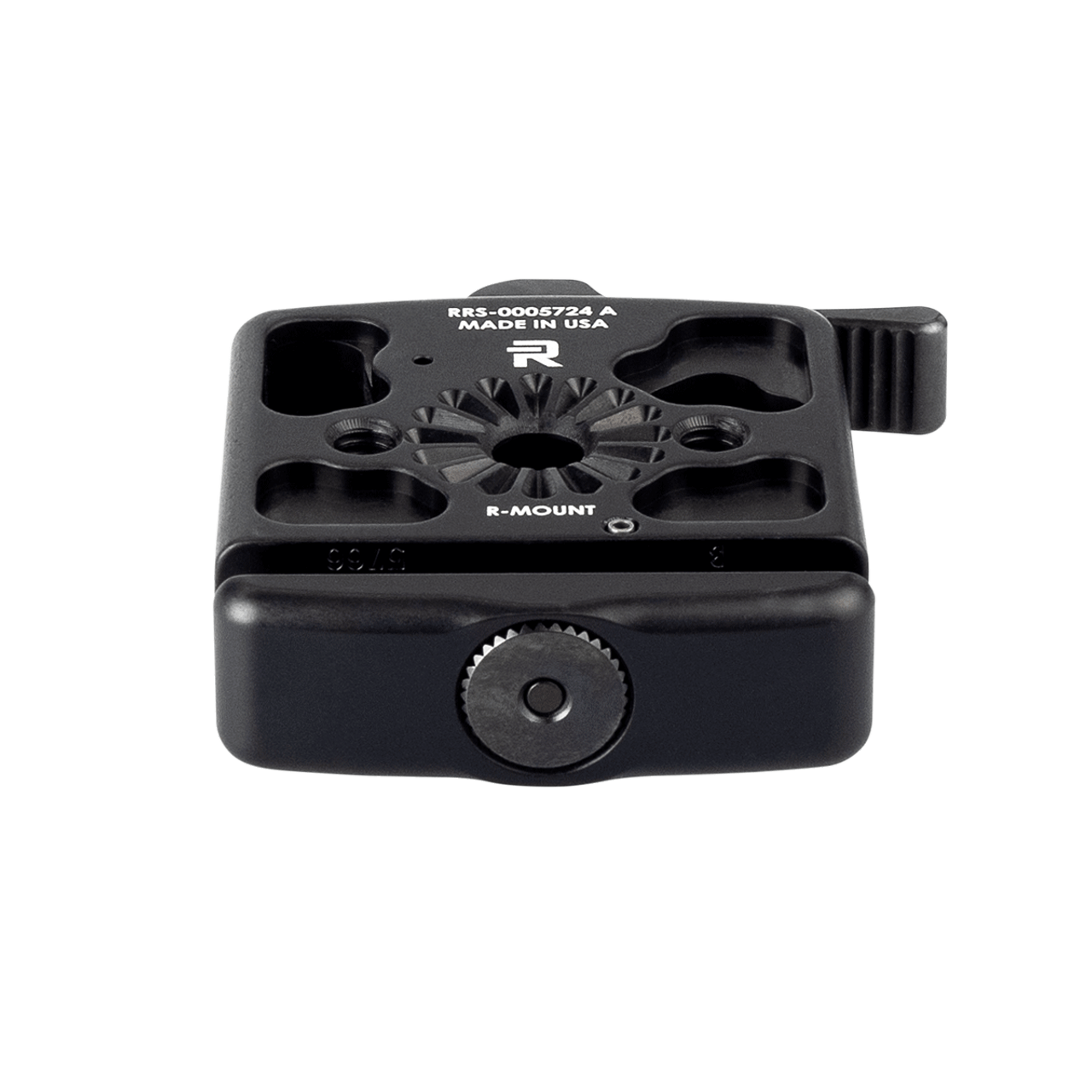
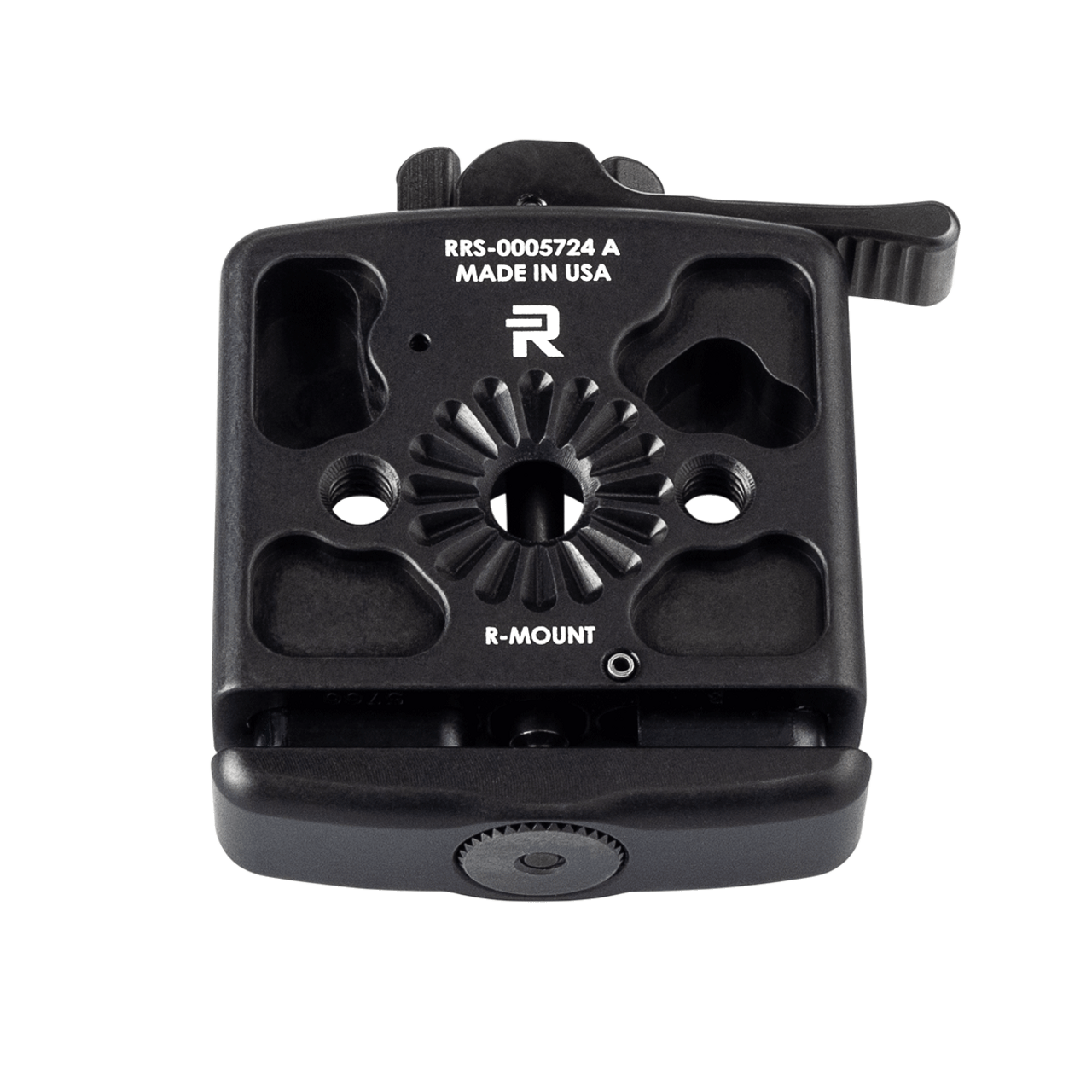
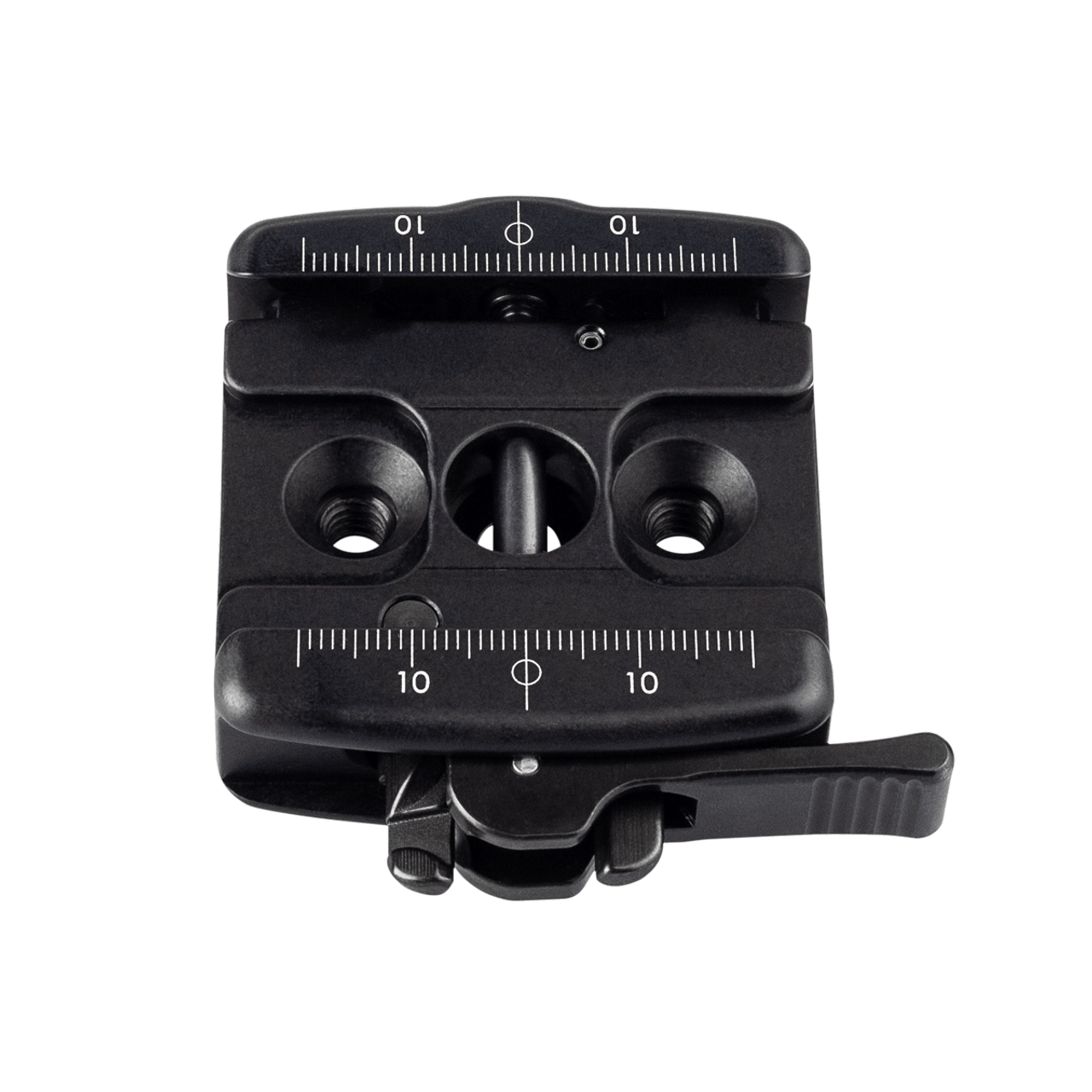
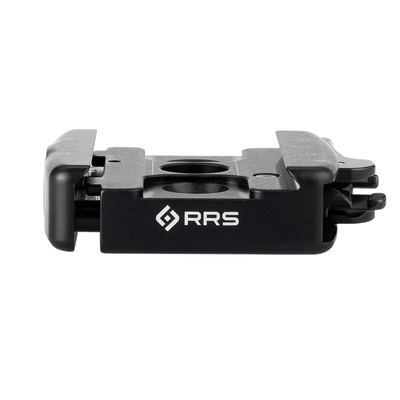
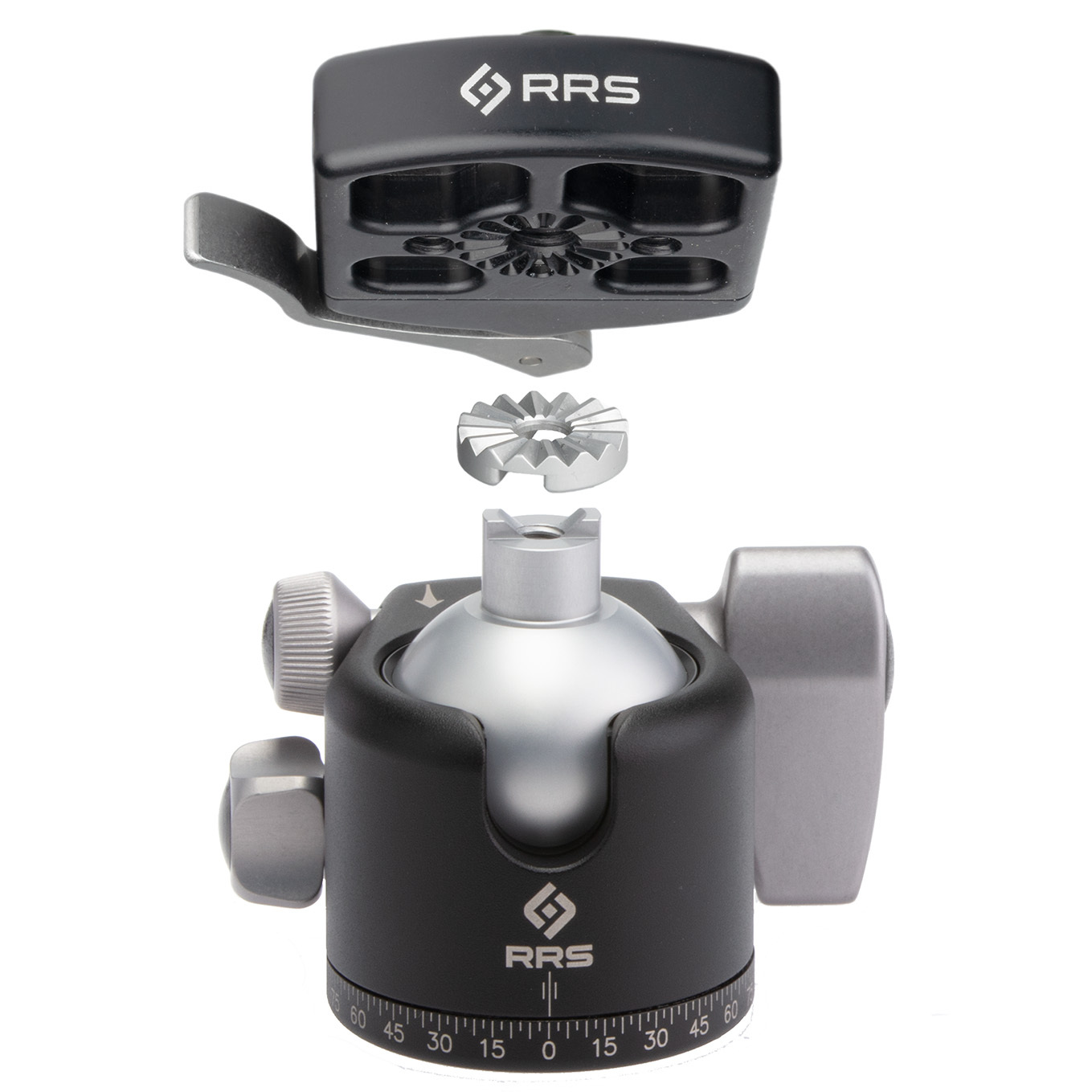 As of 2020, all clamps feature an updated attachment style and will not sit flush with older ball heads. To resolve this, please refer to our
As of 2020, all clamps feature an updated attachment style and will not sit flush with older ball heads. To resolve this, please refer to our 



